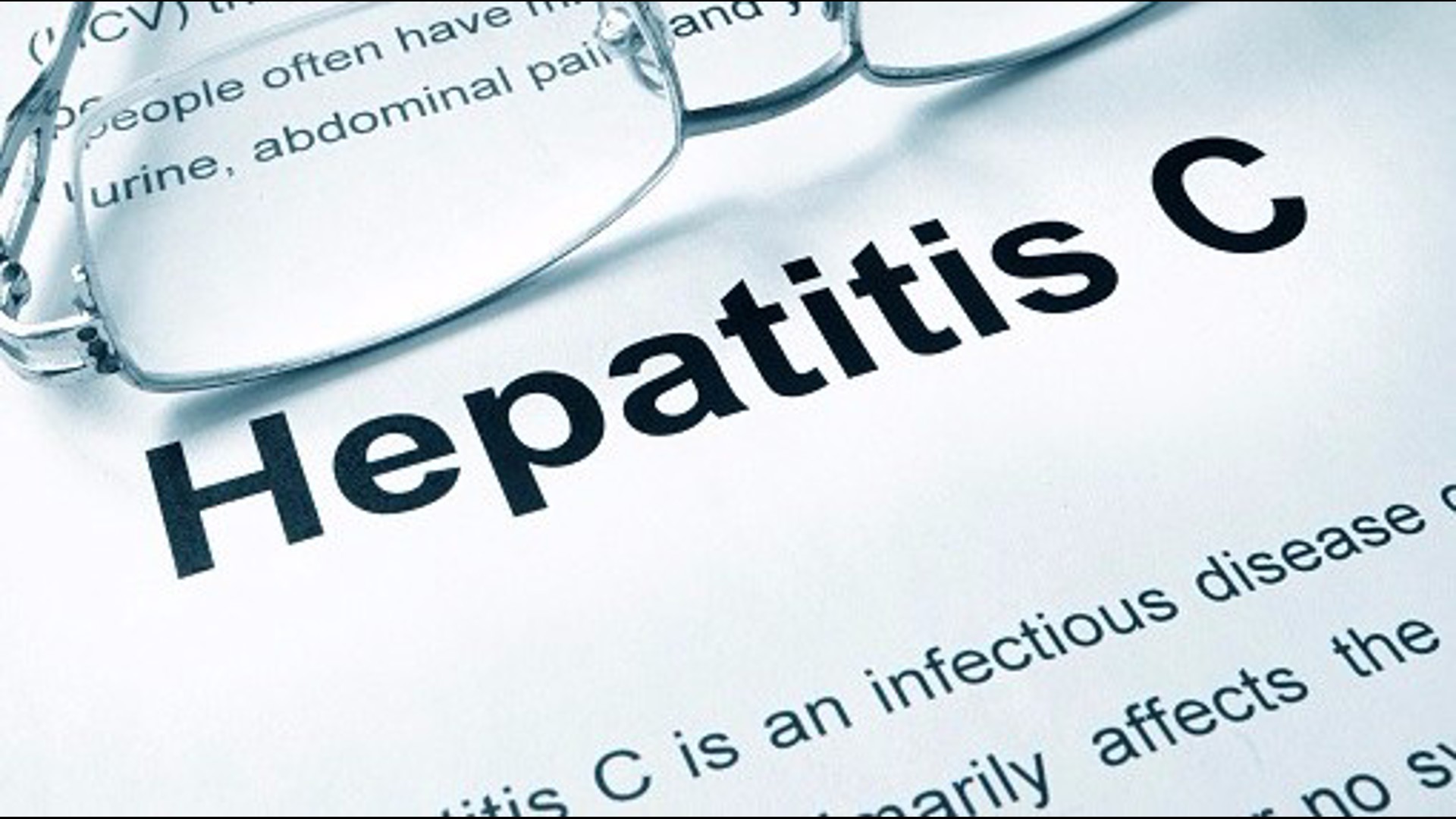ST. LOUIS — This morning, there's a new effort to protect people from a disease that can truly be a silent killer: Hepatitis C.
The American Liver Foundation reports as many as 75% of people who are living with chronic Hepatitis C, don’t even know they have it.
Many people don't know they're infected because the virus can lay dormant for years, but once symptoms pop up, it can be critical.
This week, there's a chance for people experiencing homelessness to get screened for the disease. The testing is open to everyone.
The testing begins Monday in downtown St. Louis at the St. Patrick Center. A team of health experts with The ElimiNATION Awareness Tour will screen people there from 8 a.m. to 2 p.m. The tour is teaming up with Street Medicine St. Louis to provide testing and will give information on treatment options through Washington University.
The Department of Health and Human Services found that anywhere from about 3 to 5 million people are living with Hepatitis C in the U.S., but we know more people are infected than that because many people are living undiagnosed.
There are other opportunities to be screened this week.
You can get tested from 9 a.m. to 2 p.m. Wednesday, Sept. 25 at Wellston Loop Community Development Center at 1522 Hodiamont Ave, St. Louis, MO 63112.
There's another free testing opportunity from 4-8 p.m. Thursday, Sept. 26 at the MoNetwork, which provides resources for individuals with substance use disorder. MoNetwork is located at 4022 South Broadway, St. Louis, MO 63118.
Hepatitis C is a blood-borne virus. You could catch it through encounters with infected blood, like having sex or sharing needles, toothbrushes or razors. It could take years for symptoms to pop up.
If left untreated, Hepatitis C can become a chronic, long-term illness leading to liver damage, cirrhosis and liver cancer.
The health experts on the testing team tell our newsroom, some people are at a higher risk of being infected with Hepatitis C.
If you have had a blood transfusion or an organ transplant before the year 1992 or work in health care settings with potential blood-to-blood exposure, you should be screened for Hepatitis C.

